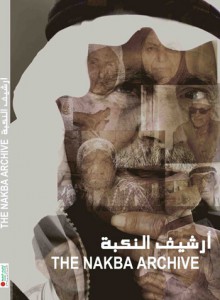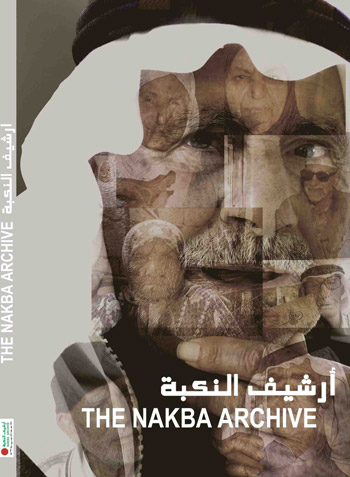2011 Stetson Kennedy Vox Populi Award: The Nakba Archive
The Nakba Archive
The expulsion of Palestinians from their homes and lands in 1948, an event commonly referred to as the Nakba (‘the catastrophe’), remains the pivotal moment in the history and collective experience of the Palestinian people.
Since 2002, the Nakba Archive has recorded over 650 interviews on digital video with first-generation Palestinian refugees in Lebanon about their recollections of life in pre-1948 Palestine, and the events that led to their displacement. While some interviews have been conducted with middle class and elite Palestinians, the majority of interviewees are illiterate refugees of peasant origin, Palestinian Bedouin and poorer city dwellers, living in camps and informal gatherings around the country. Most of the Palestinians who took refuge in Lebanon hail from around 250 villages and towns in the northern Galilee and from the coastal cities of Jaffa, Haifa and Acre; the archive contains interviews with elders from over 150 villages and towns. These eyewitness narratives recall social and cultural life in Palestine before 1948, relations with neighboring Jewish communities and the British Mandate, and the events of the expulsion; they represent an intimate record of loss, bringing to life a world that has ceased to exist outside of memory.
 The aim of this testimonial initiative has been to document this critical period in the history of the modern Middle East through the voices and personal experiences of those who lived through it in a way shaped not by political symbolism but rather by the rhythms of personal memory and experience. Conceived as a grassroots project, the interviews have been recorded by a collective of Palestinians from the camps; the goal has been not only to compensate for an incomplete written record, but also to involve refugees in documenting community histories in their own terms. The use of video aims to capture the affective and performative dimensions of memory in context, dramatic emphasis in speech and gesture, emotional intensity in recollection, contrasted discursive and physical worlds inhabited by refugees, and the eloquence of silence.
The aim of this testimonial initiative has been to document this critical period in the history of the modern Middle East through the voices and personal experiences of those who lived through it in a way shaped not by political symbolism but rather by the rhythms of personal memory and experience. Conceived as a grassroots project, the interviews have been recorded by a collective of Palestinians from the camps; the goal has been not only to compensate for an incomplete written record, but also to involve refugees in documenting community histories in their own terms. The use of video aims to capture the affective and performative dimensions of memory in context, dramatic emphasis in speech and gesture, emotional intensity in recollection, contrasted discursive and physical worlds inhabited by refugees, and the eloquence of silence.
As the ranks of first-generation Palestinian refugees continue to thin and hope of return appears increasingly remote, the symbolic value placed on 1948 continues to rise. The context of narration giving meaning to these histories includes the need not only to make sense of and transmit a traumatic past, but also to take hold of an imminently uncertain present and future. In this respect, the Nakba Archive is both a record of the memories of a passing generation of eyewitnesses and an act of witness to the legacy of 1948 and its continuing impact on the Palestinian refugee community in Lebanon. The project was founded and co-directed by Diana Allan and Mahmoud Zeidan.
A selection of subtitled excerpts from the archive can be viewed online: www.nakba-archive.org
